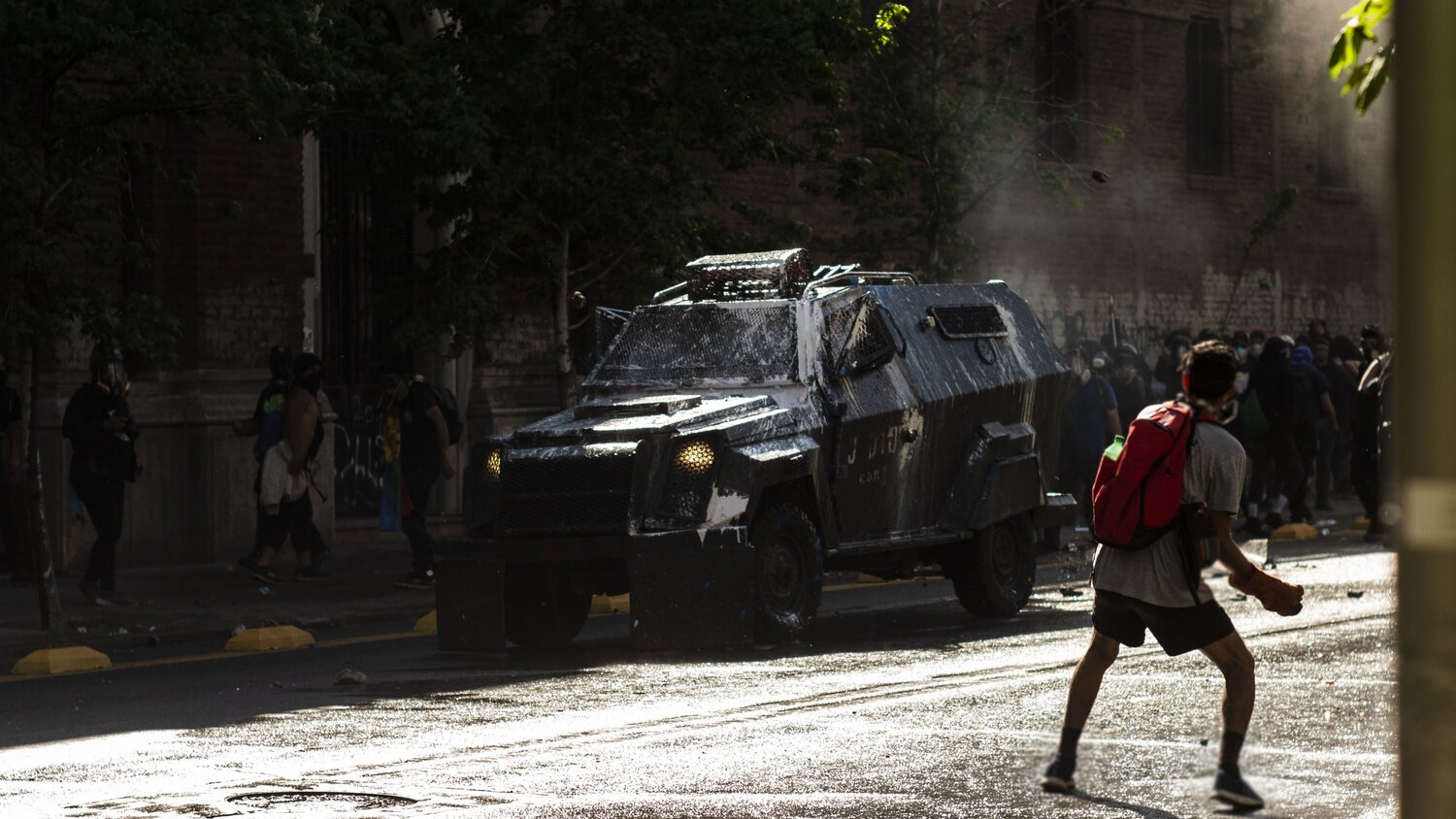
Can Riots Change Things? | Adam Johannes
Photo via Upsplash
“CAN A RIOT FORCE POSITIVE CHANGE FOR THE MOST OPPRESSED AND MARGINALISED? SOMETIMES, YES. BUT THERE ARE ALSO LIMITATIONS.”
Many popular uprisings have been detonated by riots and major clashes between demonstrators and police. A wave of factory occupations and the biggest general strike in European history in France in May 1968 was sparked after several days of student rioting in Paris with young workers joining the clashes and spreading the unrest into the working class.
Stonewall 1969 was a riot.
Thirty years ago, the Poll Tax was defeated by the biggest civil disobedience in our history, a mass non-payment movement by 17 million working class people and a community movement that sometimes saw extremely confrontational demonstrations outside town halls in many places and a national demo in Trafalgar Square of 250,000 ending in a riot.
In 2010, students trashing Tory HQ at Millbank and smashing windows during a 50,000 strong national fees protest detonated a wave of student occupations and sit-ins kickstarting an anti-austerity movement in Britain.
In 2011, the Egyptian Revolution toppled decades of dictatorship. At the time it was often cited as an example of mass non-violent protest, yet alongside the occupation of Tahrir Square and other public spaces by millions, and a large strike wave, almost 100 police stations and most of the ruling party’s offices were burned to the ground, thousands of police cars were torched and destroyed, while security forces firing tear gas and live ammunition were driven back by force.
More recently the huge uprising against neoliberalism in Chile in 2019 started with a mass non-payment campaign of public transport fares by students and high school students, that at one point saw 81 underground tube stations vandalised, 17 set on fire, buses and the offices of a major energy supplier set on fire. This too spread to a nationwide strike and a massive two million strong demo leading to the resignation of the president and a landslide vote to rewrite the constitution.
Last summer, a global wave of Black Lives Matter protests was sparked by riots after the police murder of George Floyd, it has created a powerful youth led anti-racist movement.
Bristol wasn’t on this level, but it’s important for the left to set the record straight that things kicked off last weekend in Bristol after the police battered a peaceful protest. Riots or clashes tend to be spontaneous conflagrations.
But there are also riots that go up like a rocket and come down like a stick. For those involved they can seem more revolutionary than a workplace strike, and even insurrectionary in character. But communities normally only hold the streets temporarily against the police and state, and riots may leave little long term organisational legacy.
Riots too can be indiscriminate in target, spin out of control or divide the working class. Small family businesses may be looted as well as corporate chains. The palaces of the wealthy and the police stations can be torched as well as working class people’s homes and communities. After years of oppression, some people may feel energised by the disorder on the streets, others may be scared or horrified in their homes.
Demonstrations that have ended in confrontation have often changed history when unrest is spread more widely, when a militant minority by taking action sparks wider sectors of the disaffected into the streets, particularly organised workers in mass protests, work stoppages and strikes.
This may not happen automatically and may require organised networks of activists to intervene in their workplaces, trade unions, communities, universities, schools and colleges by sparking discussion and debate and pushing for action. If you are a member of trade union, political party or community group you might for example take a motion like this https://coronacontract.org/killthebill/ to your next branch meeting.
Martin Luther King best known for his support of non-violence once said, “A riot is the language of the unheard.” He was maybe on to something…?
In the current period more disorder on the streets feels inevitable. Living standards have been driven down for many during the pandemic, and we’re now in the second decade of austerity. Rising economic inequality exacerbates all inequalities around race, gender, disability and elsewhere. People are angry. There’s a real clampdown on democracy and dissent with an ever more authoritarian government and police force. There is no real parliamentary opposition to the government. So the traditional channels are blocked.
With all this pressure building up on people’s lives, it’s inevitable the lid is going to blow every now and again. Many will not like to admit it, but sometimes disorder on the streets in our history has led to real gains for working class people.
Pious condemnations of the ‘violence’ in Bristol – which seems to have kicked off when the police attacked the protest – only leaves you on the same side of the argument as the Establishment who are the cause and source of all our problems. You may as well condemn the weather.
If the government keeps on tightening the screws, traditional channels of opposition are not flowing, then expect social explosions. Better to direct things on the real enemy the government and build broader and wider mass opposition to the police bill and the government: Spread the unrest into the nation’s workplaces where the wealth of our society is created.
Or in the words of The Clash:
“All the power is in the hands
Of people rich enough to buy it
While we walk the streets
Too chicken to even try it”
The writer is an activist & socialist


Migrant Workers Face A Hostile Environment From Bosses & The State – It Must End | Shavanah Taj